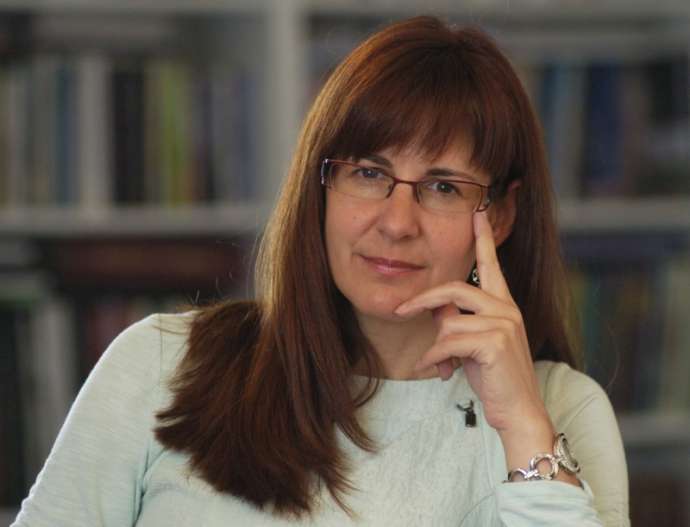STA, 14 January 2019 - After a controversial rape case prompted calls for legislative changes in Slovenia, Justice Minister Andreja Katič told TV Slovenija last night she personally favoured defining rape by absence of consent.
The Slovenian penal code defines rape as a perpetrator coercing the victim into sexual intercourse by means of force or serious threats.
Related: Shock Case Shows How Coercion Defines Rape in Slovenia, Not Lack of Consent
Calls for amending the code intensified last week in wake of reports that a man from Koper who raped a drunk woman while she was asleep was given a milder sentence after being charged with criminal coercion rather than rape.
Commenting on the issue on the main news show on TV Slovenija last night, Katič said that for her personally rape was when the victim did not say yes.
She said that while the penal code had seen several amendments in recent years, the Justice Ministry had so far not received any initiative for a change.
However, when the public controversy broke over the Koper rape case, she called a meeting on how to amend the penal code, which will feature various stakeholders, including representatives of the prosecution, judges and NGOs.
She said that the meeting should look into various options, including the possibility of introducing the yes-means-yes principle because the victim might be too frightened or unable to say a clear no.
Escape from Koper jail
Katič also commented on the daring escape from the Koper prison, which a probe found was due to slack security with media reporting that the prison guards who were supposed to exercise surveillance were asleep, thus enabling two detainees to escape in late December.
Katič commented that those responsible were "lulled into the feeling that it's impossible to break from the prison", a feeling to which work at all levels was adjusted.
The minister said that Slovenian prisons were safe, also in comparison with other countries. She believes though that all security mechanisms should be checked and whether everyone was doing their job properly.
"What I have in mind is surveillance cameras and everything else as well as justice police officers and prison management," she said.
However, Katič also said that the prison break showed that additional justice police officers were needed. "We have a meeting with the ministries of justice and public administration on the topic on Tuesday, prompted by the prime minister."







